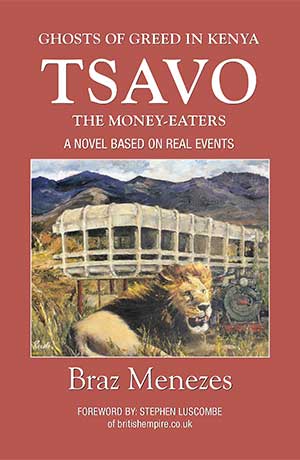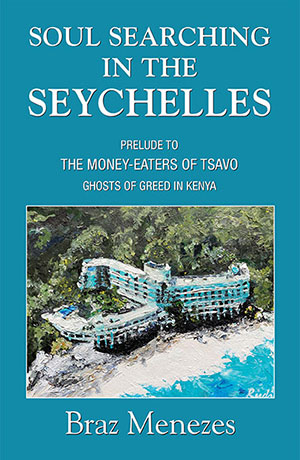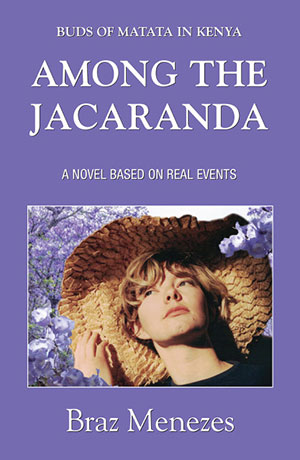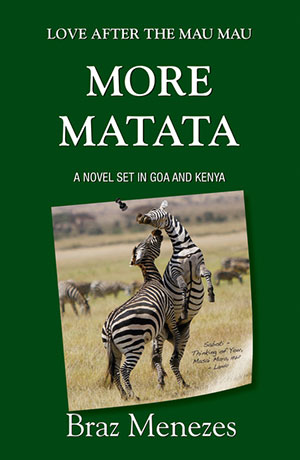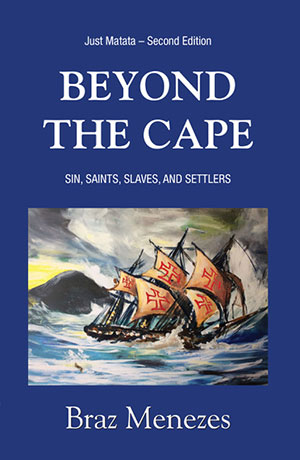The Matata Series
This is a little known story about a tribe of brown men from the fabled Portuguese colony in India, who lived and worked diligently in British East Africa for about seventy-five years. When it was time to leave, a small number stayed behind in the land they loved. But the majority left. For them it was just a ‘timeshare’ of history.
They are almost all fully assimilated in new lives and citizens of the UK, Canada, Portugal, Australia, India, the USA, and Brazil, among others.
Goa, India’s prime tourist destination has been an integral part of India for over 50 years, yet most people are unaware of its special culture, that now forms part of the greater Indian mosaic. On December 19, 1961, Indian Armed Forces invaded Goa, and liberated this tiny territory from its Portuguese rulers, who had overstayed their welcome by 451 years since 1510, when Afonso de Albuquerque first stepped ashore and claimed the territory in the name of the Portuguese Throne. During the first two centuries of what became known as the Goa Inquisition, they imposed their own religion and culture on people creating a distinct blend of Indo-Portuguese.
In the late 19th century, following the Berlin Conference of 1884, Africa was carved up and apportioned to seven European countries to develop as their respective colonies. The British began to colonize Kenya with a massive effort by thousands of Indian skilled technicians and labour, who went out to build the railway line from Mombasa to Lake Victoria.
Soon the rulers of British East Africa were desperate for administrators and accountants; bartenders and bakers; cooks and clerks; musicians and mechanics, engineers and tailors, doctors and doormats.
They turned to Portuguese India. The people of Goa met their needs perfectly and they created no matata (Kiswahili for trouble). They spoke English, wore western attire and drank Scotch whisky. They played card games and cricket. Although they gyrated to the mando and dulpod, and they also danced the lancers, the waltz and the foxtrot. They were Catholics and were considered reliable to handle the public purse strings. They stayed with their faith and never strayed into politics. They did what they were told and were always loyal and docile. Above all, when compared to the cost of British labour, they could be had cheap– very cheap indeed. They flocked to East Africa by the hundreds.
Famous authors like Canadian M.G. Vassanji have covered much of the Indian history in East Africa, but Braz Menezes felt a gap in that history. In the novels written, previously by European authors, especially those set in Kenya; the Indians and Goans were merely ‘props and shadows’ in other people’s stories. A bigger story needed to be told – how a small community from Goa, played an inordinately important and quiet role in the administration and the services economy of British East Africa. That is how The Matata Series was born.
The three books trace the life of Lando over a period of four decades as the Portugal and Britain play out their final colonial years to the early sixties, and the new Independent African nations are born.
As British historian, Stephen Luscombe notes in his recent review the story uses Lando’s life very much as a microcosm of a typical experience that any number of Goans might have lived through at the tail end of the empires (as both the Portuguese and the British Empire have a role to play in this story.) It also follows various branches of Lando’s family tree to allow the story to move back in time or across the vast geographical spaces inhabited by the diffuse Goan diaspora.’

